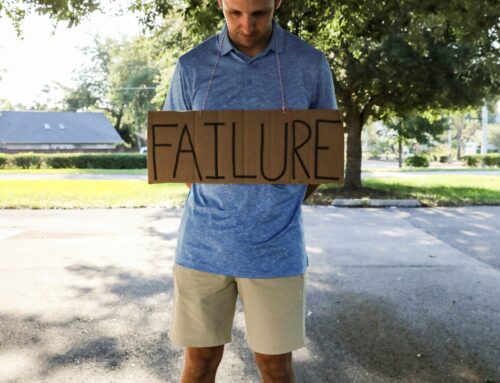
I recently read Aja Hammerly’s article on the phrase, “We don’t do that here,” which she explains is one of her magic phrases, or multipurpose interpersonal tools for setting culture and defusing the reflexive defensiveness people often feel when they’re corrected.She names some other magic phrases, such as “That doesn’t work for me,” her preferred way of saying no.
One critical feature of all her examples: These phrases shut down invitations to drawn out exchanges or difficult dynamics that would require a lot of energy to navigate without resulting in much payoff.
Hammerly’s magic phrases got me thinking about the things I find myself saying a lot that help me decline invitations to spend my time and energy in ways that don’t serve me.
Here are a few:
1. “I’ll let you know if something changes.”
I use this one when I’m feeling pressured to commit to something I can’t do or to overschedule myself. Maybe someone really wants to meet this week instead of next, but my calendar is full. Maybe it’s a new project I don’t have the bandwidth for, but someone is pressing me to get involved. If my calendar space or personal capacity changes, I can reevaluate, but that doesn’t change the answer right now.
2. “I’ll look into that and get back to you.”
This one is for situations where I’m expected to have an answer I could not possibly have in the moment, and it’s most effective when talking to someone who is under stress. For instance, “How are we going to fix this?” is a reasonable question, but one that may take some consideration and analysis, or maybe trial and error, to answer. A person under stress may be persuaded in the moment that they need an immediate answer, whether or not it is actually a good or correct answer.
This phrase helps me resist that pressure. It’s also a useful way to buy time when I’m being invited to commit to something I obviously shouldn’t. I used it years ago when I was serving on a board for the first time and was asked, in my first meeting, what job I wanted to commit to without any actual description of what those jobs might entail.
3. “That’s a good question. What has your experience been?”
I adapted this one from a friend who regularly gave training sessions on his area of expertise. If he was asked a question he wasn’t sure how to answer, he’d say, “How interesting. I’m curious if anyone else has encountered this situation? What can you tell us about it?” I often use a version of this where someone seems to be handing me an excessive amount of authority or responsibility around something that isn’t actually appropriate for my role. Framing it this way moves me from being the person responsible for providing a solution to facilitator and collaborator, which is usually what I was hired to be in the first place. (It’s also useful for any question that starts with, “Don’t you think…” which, in my experience, is never a good setup.)
We get pulled into burnout in predictable ways, so the better we get at recognizing and declining the invitation, the more preventable burnout becomes. If you’re not sure what sorts of invitations you might be unknowingly accepting, this quiz is a starting point for figuring that out. But once you know, what magic phrases can you use to respectfully but firmly decline those invitations?
Share this article

Kathryn Stinson
I help passionate people identify and dismantle the cultural drivers of burnout, so they can serve their big visions without burning out. Find information and strategies for dealing with burnout here, or reach out to work with me.
Subscribe
Each month I take a deep dive into one aspect of resisting burnout.
Monthly Deep Dive Letters name cultural dynamics that generate burnout and open doors to imagining how we might do things differently. For examples of what I write about, take a look at the blog.
No productivity tips, and no motivational pep-talks. Just in depth, thoughtful content to support you in resisting burnout culture. You’ll also be notified of new events and programs.





